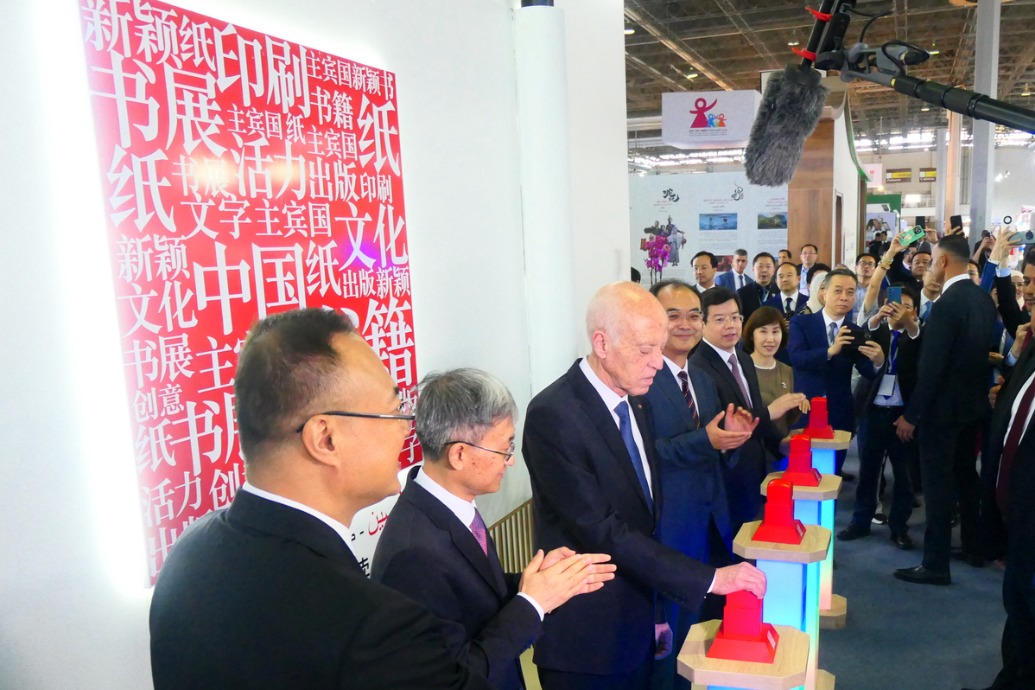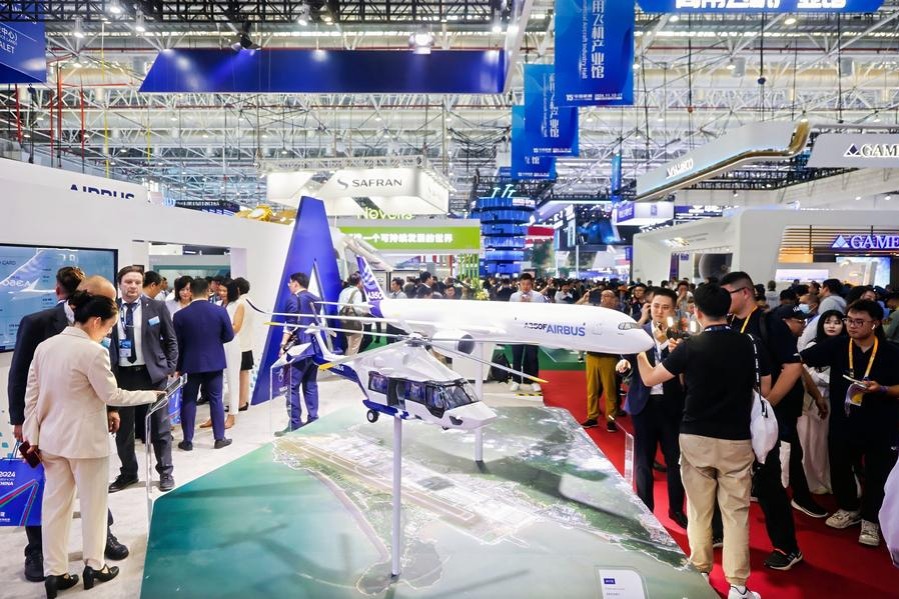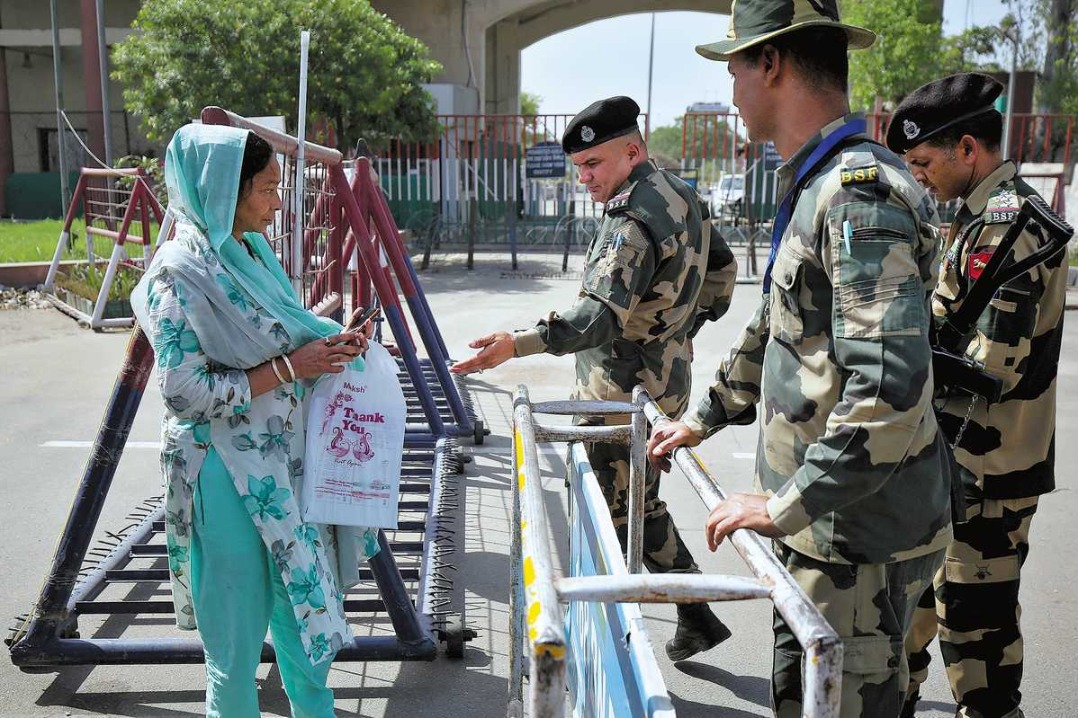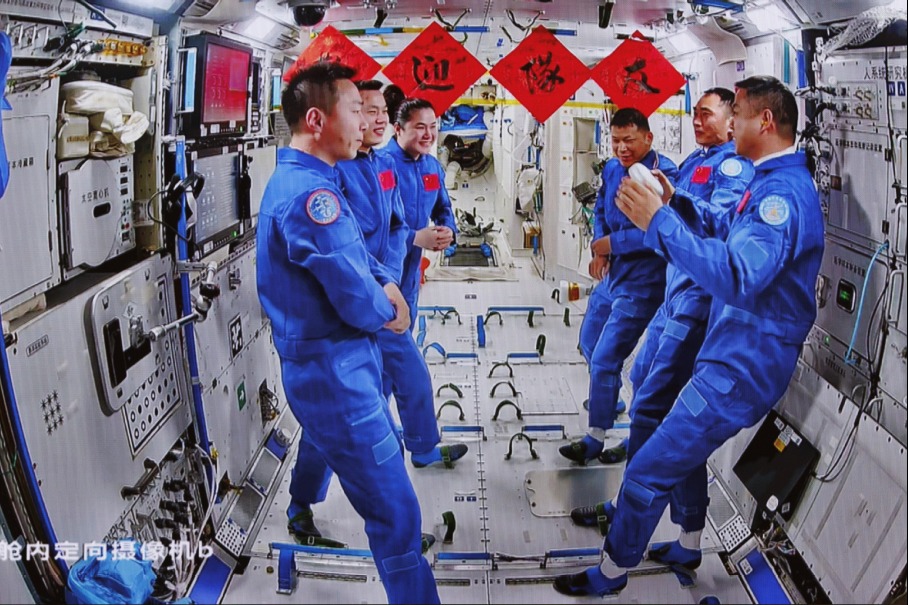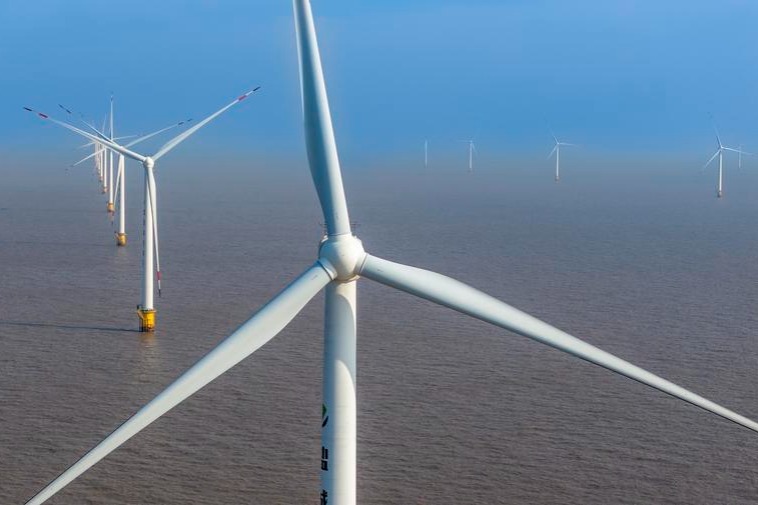Master the art down to a tea

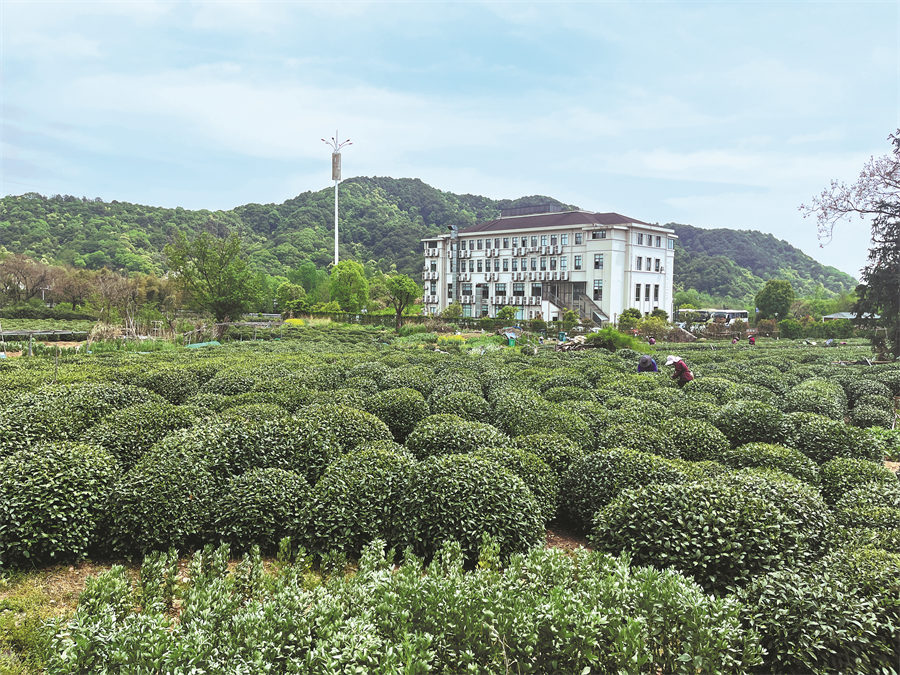
Passing on the craft
After five decades of practice, Fan's tea roasting has become a performing art. In his hand, the tea leaves obediently turn and fall neatly and evenly into the wok, as if they are being tended to with great care, allowing the tea to release its best flavor and aroma.
"It's just like playing tai chi," he says, when his left hand deftly moves the tea leaves in the wok, swirling them to form circles.
In the 2022 West Lake Longjing spring tea presale auction, the half-kilogram batch of tea manually roasted by Fan was sold at the price of nearly 59,800 yuan ($8,200).
As more people are using machines to roast tea, Fan has long been worried about the quality of West Lake Longjing tea, as well as the passing on of the techniques.
"It takes years for one to really master the craft," he says.
Now, in addition to the six apprentices in the studio, he also teaches at Hangzhou Tourism Vocational School and Hangzhou West Lake Vocational High School, with over 100 students.
"My father is willing to share his expertise with all people who want to learn, even his peers. He does not keep the techniques to himself; instead, he wants people to know that they are not complicated. It's just about constantly improving to achieve excellence," says Fan's son, 32-year-old Fan Xuesong.
Fan Xuesong graduated from university majoring in hotel management in 2016. Now, apart from learning tea roasting, he is also running the family's tea business, which ranges from the popularization of tea culture, training of tea-roasting techniques, to sales and study tours.
But Fan Shenghua still focuses only on the techniques. Asked whether he is proud of producing such great tea that has been widely recognized in the world, he plainly says that "it's just because the tea is of good quality".
"Only if we produce high-quality tea, can the fame of West Lake Longjing tea be spread to farther places," he says, while stirring the green leaves in the wok.















